Dungeons and Dragons
The History
Dungeons and Dragons is a game created in 1974 and is under the brand “Wizards of the Coast”. This game has become wildly popular over the years due to roleplaying becoming more and more popular. Dungeons and Dragons has also been featured in films and tv-shows, such as Stranger Things. Roleplaying hit it big in the 80’s since video games at the time had become a little repetitive, and D&D was one of the first and the best, so it became wildly popular.
The “DM”
Dungeons and Dragons is a fantasy role playing game where you and your friends control the adventure. Every game needs a designated Dungeon Master, or “DM”. The DM is in charge of controlling the story, and thus making them the most important part of the game. This means that they not only control the story, but also control all of the NPC (non-player characters) and enemies that you will face. The DM can either use a pre-created story to take their adventurers on or make a story completely on their own (Granted, the process of creating a compatible story can take up to a month, but it’s usually worth it). Every game also needs more than one player, so most people play with a group that can get as small as 4 people.
How to create a Character
Before each game begins, each player must create a character. You start off by choosing your name, race, and class (A class is basically your job). The main races in D&D are humans, halfings, dwarves, elves, gnomes, dragonborns, half-elves, half-orcs, and tieflings. The main classes in D&D are Fighters, Rangers, Clerics, and Magic Users. These classes also come with a variety of subclasses, such as Paladins for the fighters, Monster Slayers for rangers, Tempest Domain for a cleric, and Warlocks for magic users (These are only a few of the subclasses in D&D, but you do not have to pick from this list).
The Dice
One of the most classic parts of D&D is the die. The Game basically goes like this: Describe, Discuss, and Roll. You roll after you and your party (party meaning “group”) have decided what they will do next. Here is an example: ‘“DM: “Alright, you and your party descend into the cave. As you turn a corner, you spot a troll asleep on a treasure chest. What do you do?” Player 1: “I try to take the chest from under him. “‘DM: “Alright, roll for dexterity (dexterity means stealthiness).” Player 1: (Rolls) Player 1: “I rolled a 3.” DM: Oooh, you weren’t quite there. The troll wakes up, grabs his club, and attempts to attack.”’ The Dice in this game range from a dice with 6 sides to a dice with 20 sides (there are a total of 6 dice that you need to play). Each dice has a different purpose (for example, the 20 sided dice is used to attack or defend).
The Conclusion
D&D looks complicated, but it’s really not once players get the hang of it. In D&D, it is easy to escape from a busy life and become an entirely new person. Players don’t have to abide by restrictions anymore, for all the DM cares, and they can go swing a sword out in a crowded village and get no penalty. All in all, D&D provides an escape from daily life. For those interested in playing, it is easy to get going. Players can start “DMing” their own session with the purchase of the D&D starter set. For those who don’t want to buy anything, an option would be to start playing with a friend who already knows how to play and has the Starter set. In no time at all, new players can easily get the hang of it. Enjoy!



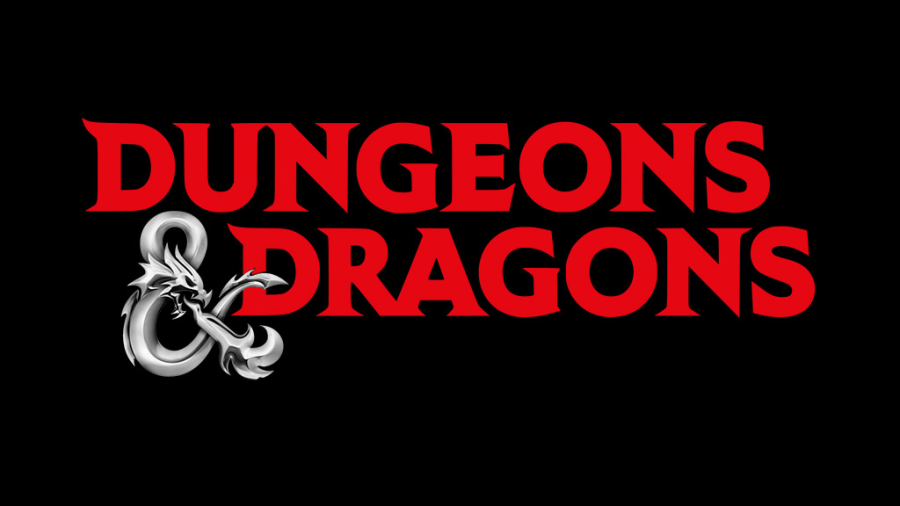






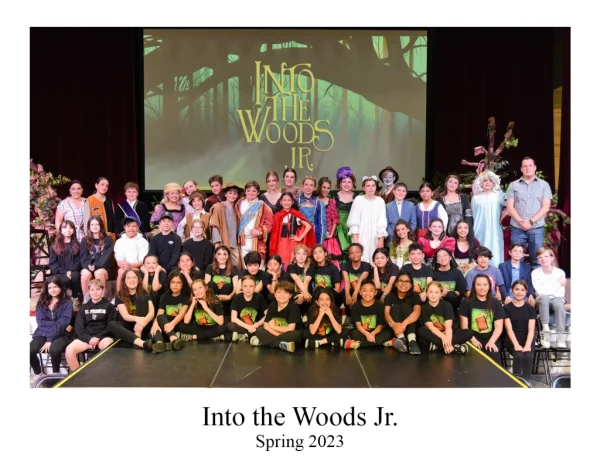
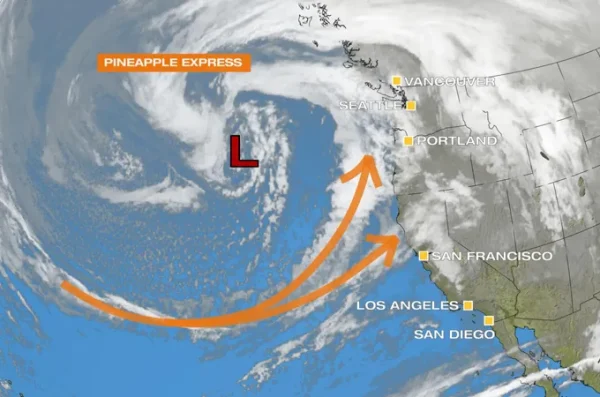
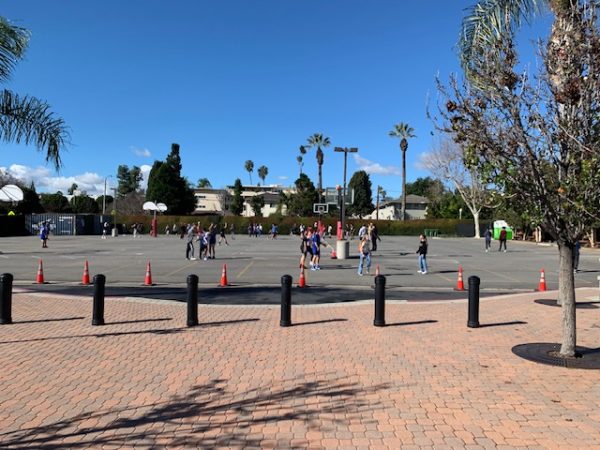
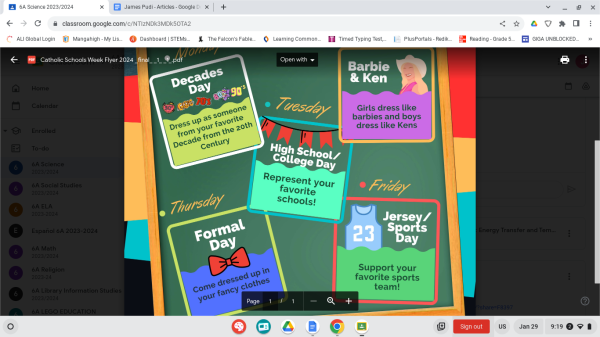
Gregerson law • Mar 9, 2022 at 2:40 pm
fun game